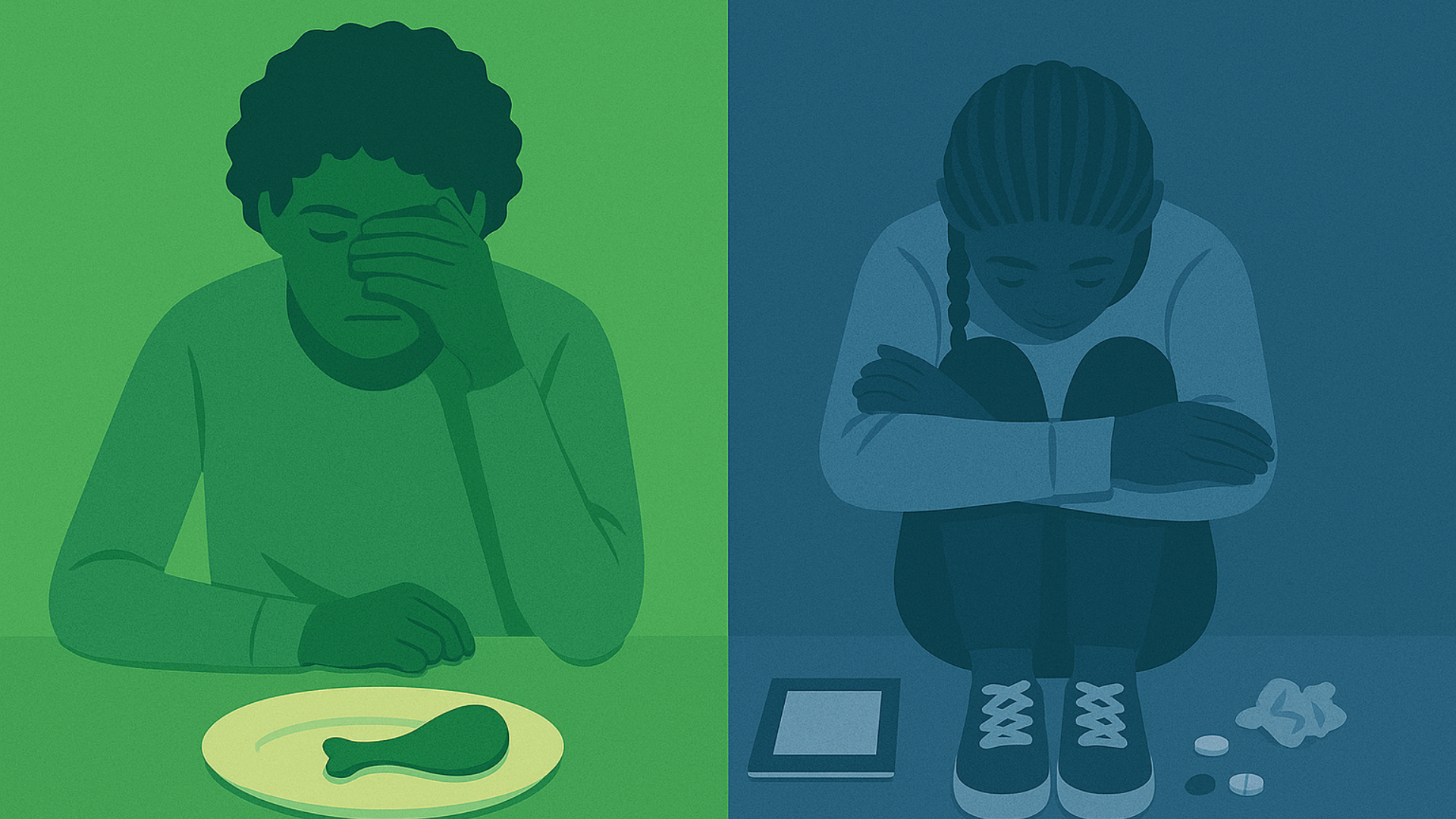The Importance of Whole Family Primary Care: A Q&A with Dr. Stephanie Wright

What is your name and title?
My name is Dr. Stehanie Wright, MD, and I am a family physician here at Thrive Wellness.
What primary care services does Thrive Wellness offer and to what ages?
We offer care to all ages. We offer general primary care, well visits, acute sick visits, women’s health care, and preventative care.
Why is it important for people to have a primary care practitioner for them and their family?
Having a family primary care practitioner allows us to take care of the whole family. We can focus more deeply on preventing illness and disease to promote long lasting wellness throughout the whole family unit.
What are the benefits of having a primary care provider that serves the whole family?
By serving the whole family, physicians are able to have a better understanding of family dynamics, family health care goals, and history of disease in the family. Having access to family medical history can be extremely helpful for prevention of disease as well as effective treatment options. If a parent has diabetes, asthma, or another hereditary condition, it is common that it is passed down to their children. Being prepared for a condition with early diagnosis creates an optimal circumstance for treatment.
Why should children have a primary care doctor?
Children specifically should have a primary care doctor so that we as physicians can monitor their growth and development. Seeing the same child over an extended period of time allows us to keep track of their unique growth and development. It is essential that we ensure that children are developing and growing at a normal rate, so consistently seeing a child over time allows us as physicians to identify any developmental delays and refer to developmental support services as needed.
Additionally, for children, we offer recommended vaccines and sick visits to promote wellness, as children can have more sensitive immune systems.
What illnesses are children more prone to and how can we work to prevent them?
Children are generally more prone to respiratory and gastrointestinal illnesses. Vaccines as well as proper hygiene like washing hands throughout the family can work as important preventative measures against common childhood illnesses.








